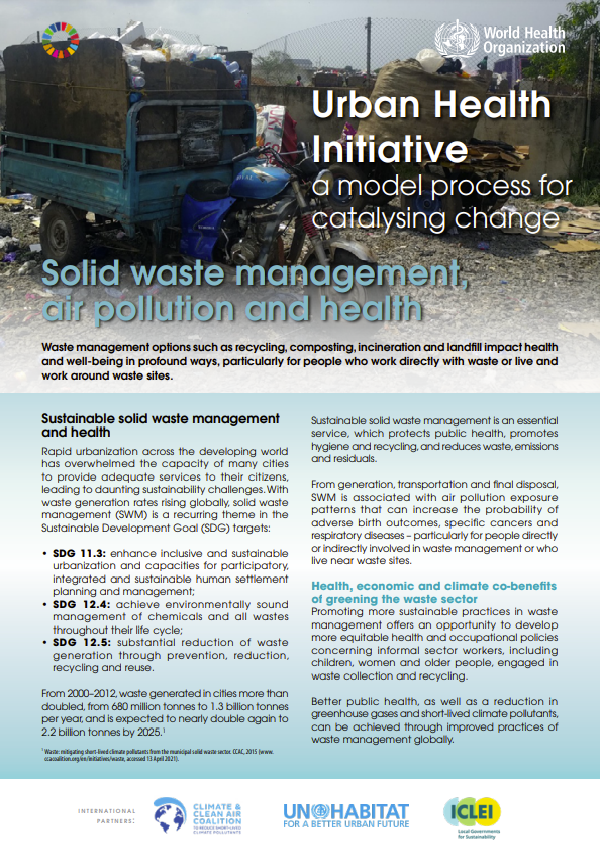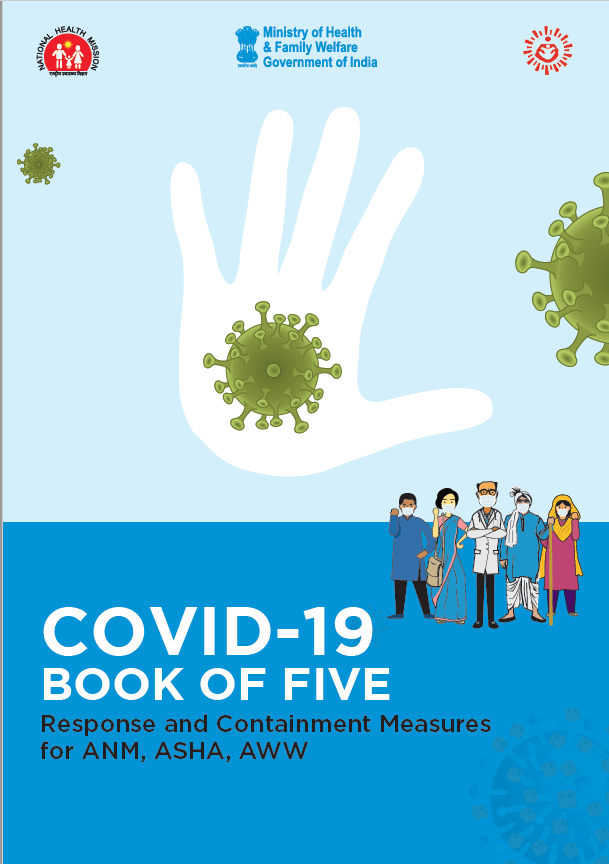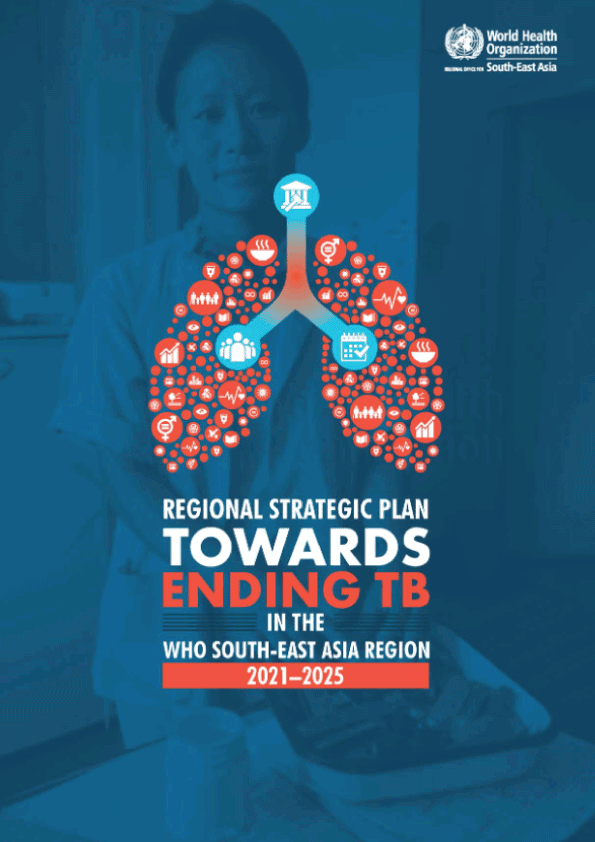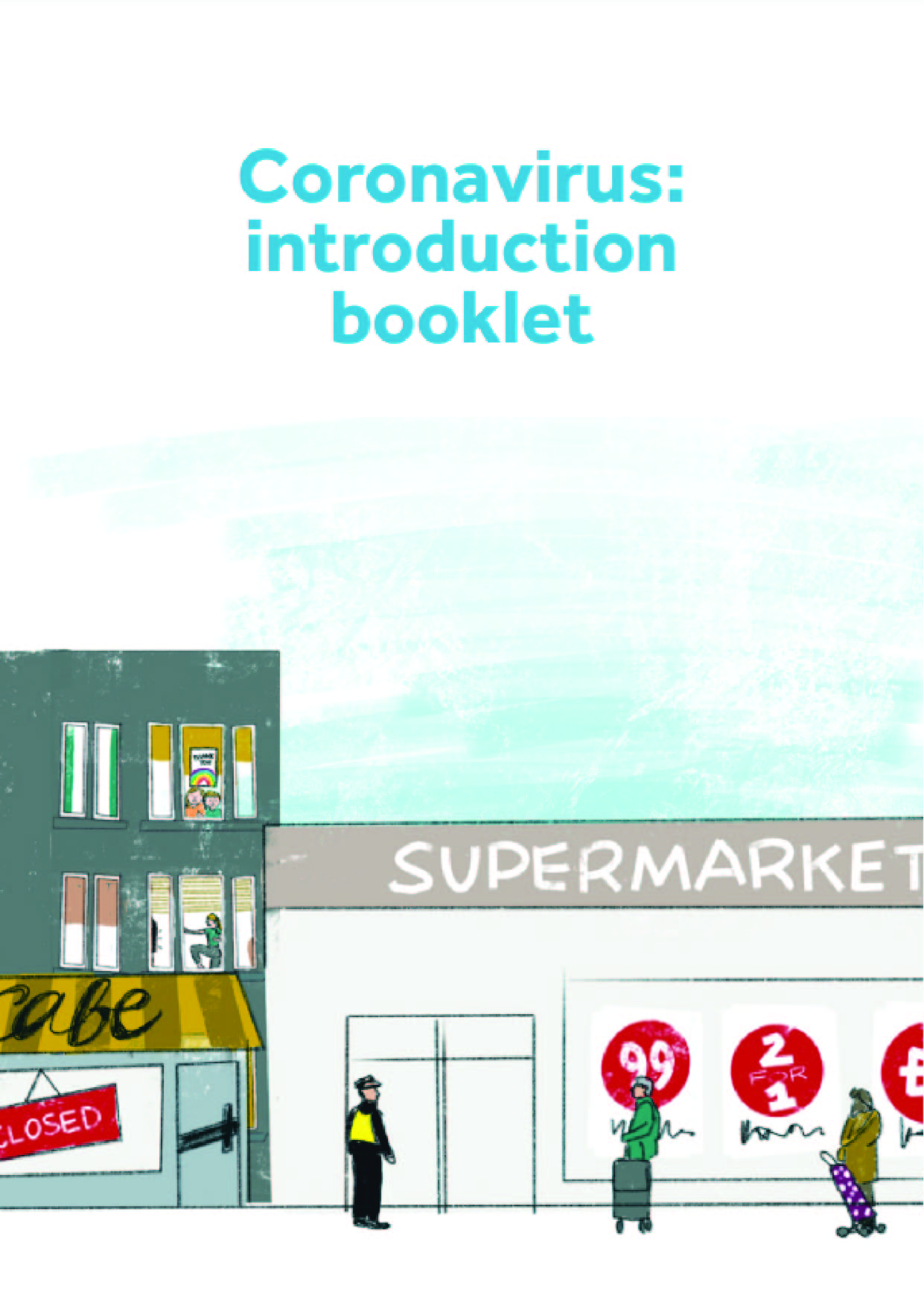Solid waste management, air pollution and health
Waste management options such as recycling, composting, incineration and landfill impact health and well-being in profound ways, particularly for people who work directly with waste or live and work around waste sites.
Sustainable solid waste management and health
Rapid urbanization across the developing world has overwhelmed the capacity of many cities to provide adequate services to their citizens, leading to daunting sustainability challenges. With waste generation rates rising globally, solid waste management (SWM) is a recurring theme in the Sustainable Development Goal (SDG) targets:
- SDG 11.3: enhance inclusive and sustainable urbanization and capacities for participatory, integrated and sustainable human settlement planning and management;
- SDG 12.4: achieve environmentally sound management of chemicals and all wastes throughout their life cycle;
- SDG 12.5: substantial reduction of waste generation through prevention, reduction, recycling and reuse.
From 2000–2012, waste generated in cities more than doubled, from 680 million tonnes to 1.3 billion tonnes per year, and is expected to nearly double again to 2.2 billion tonnes by 2025.
Sustainable solid waste management is an essential service, which protects public health, promotes hygiene and recycling, and reduces waste, emissions and residuals.
From generation, transportation and final disposal, SWM is associated with air pollution exposure patterns that can increase the probability of adverse birth outcomes, specific cancers and respiratory diseases – particularly for people directly or indirectly involved in waste management or who live near waste sites.
Health, economic and climate co-benefits of greening the waste sector Promoting more sustainable practices in waste management offers an opportunity to develop more equitable health and occupational policies concerning informal sector workers, including children, women and older people, engaged in waste collection and recycling.
Better public health, as well as a reduction in greenhouse gases and short-lived climate pollutants, can be achieved through improved practices of waste management globally
SUSTAINABLE WASTE MANAGEMENT FOR HEALTH IN ACCRA, GHANA
The Urban Health Initiative (UHI) process in Accra assessed the health impacts and potential health and economic co-benefits of SWM practices through: capacity building; knowledge exchange at local and international levels; review of data and existing policy scenarios for SWM plans and their health impacts; and developing policy suggestions for improvements at neighbourhood level, paying particular attention to socioeconomic inequalities within the study areas.
Waste management has not kept pace with Accra’s surging population and the corresponding rise in waste generation; the informal waste sector has grown rapidly because of low labour costs and weak enforcement of existing legislation.
- Accra suffers an inadequate SWM system, a source of environmental stress, despite ranking among cities globally that generate the lowest quantity of waste per capita.
- Issues concerning SWM faced by the city include: indiscriminate disposal of waste at unauthorized places, open burning, littering, inadequate service coverage and irregularities in waste collection.
- The city generates nearly 900 000 metric tonnes of solid waste annually (approximately 0.74 kg/person/day) and that is expected to double by 2030.1
- According to the 2017 census data, most households in the Greater Accra Region (65.4%) have their solid waste collected, 17.4% is disposed through public dumping, and 14.6% of households burn all their waste.
- Waste burning is a major contributor of black carbon (BC) emissions – a significant short-lived climate pollutant. In 2020, 67 517 metric tonnes of BC were emitted, and this is projected to reach 133 561 metric tonnes in 2050 under the business-as-usual (BAU) scenario.
- Accra is a centre of informal e-waste recycling in West Africa, with thousands of tonnes imported from Europe. Informal recycling of this e-waste, using low-tech methods including burning off plastic to recuperate copper and other valuable metals, releases a suite of contaminants into the air, water and soil.
- Data from the Ghana Health Service 2010 indicate that 60% of the most prevalent diseases are linked to insufficient environmental sanitation.











